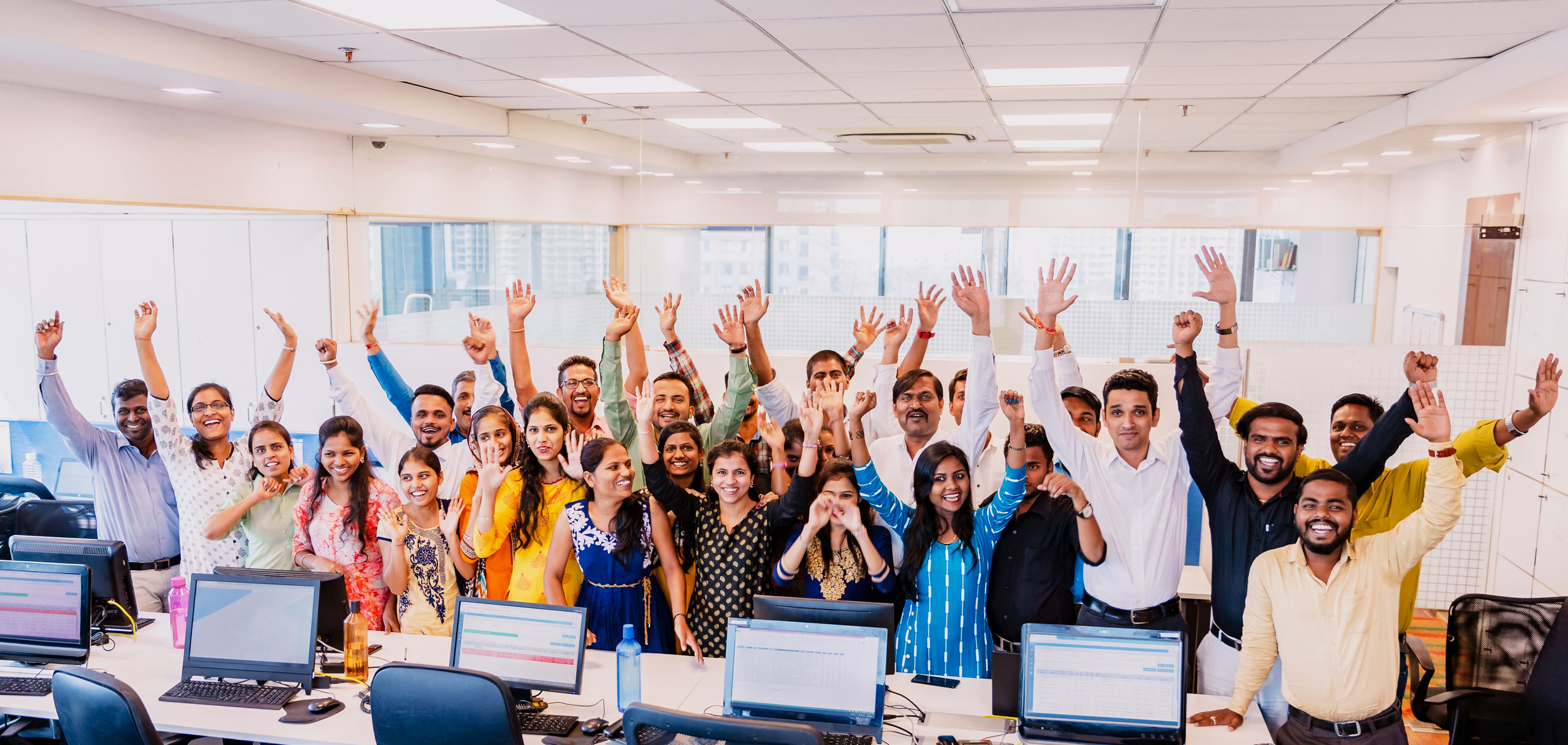In a world of rapid technological advancements and shifting professional landscapes, the role of education is transforming students for the future has never been more critical. As the Global Vice President HR at Noventiq, a leading digital transformation company, I find myself pondering the challenges and opportunities that lie ahead. How will education systems, which have been famously slow to reform, need to adapt at the primary, secondary, and university levels? And how can we ensure that students are equipped with the right skills to thrive in an ever-evolving world?

The Need for Agile Learning: Traditional education models have served us well in the past, but the future demands a more agile and forward-thinking approach. The rapid pace of technological innovation and the rise of automation necessitate a shift from rote memorization to fostering critical thinking, problem-solving, creativity, and adaptability. Students must develop a growth mindset and embrace continuous learning as a lifelong journey rather than a finite endpoint.
- Primary Education: Building a Foundation for Success: At the primary level, we must cultivate a strong foundation in essential skills such as literacy, numeracy, and digital literacy. However, we must go beyond these basics and emphasize skills such as collaboration, communication, and empathy. Integrating technology into the curriculum, fostering hands-on experiences, and promoting experiential learning will empower students to navigate an increasingly digital world.
- Secondary Education: Nurturing Specializations and Interdisciplinary Thinking: Secondary education should offer students the flexibility to explore a wide range of subjects while encouraging interdisciplinary thinking. This approach helps students connect the dots between seemingly disparate fields and fosters innovation. Emphasizing project-based learning, entrepreneurship, and practical applications of knowledge can provide students with real-world skills and prepare them for the complexities of the modern workforce.
- University Education: Bridging the Gap between Academia and Industry: Universities play a pivotal role in shaping the future workforce. To ensure students are skilled in the right way, universities must foster a symbiotic relationship with industry. Close collaboration, internships, and work-integrated learning opportunities can bridge the gap between academia and real-world application. Curriculum updates that reflect industry trends, emerging technologies, and global challenges will equip students with the relevant skills and knowledge needed for success.
Reforming education systems is undoubtedly a daunting task, with challenges ranging from resistance to change to limited resources. However, several key strategies can help navigate these obstacles and enable transformative change:
- Collaboration: Collaboration among educators, policymakers, industry leaders, and educational technology providers is essential. By pooling resources, sharing best practices, and leveraging each other’s expertise, we can drive meaningful change.
- Continuous Professional Development: Empowering educators with the tools and support they need is crucial. Continuous professional development programs can help teachers stay abreast of the latest teaching methodologies, technological advancements, and industry trends.
- Embracing Technology: Education must harness the power of technology as an enabler of personalized learning, data-driven insights, and interactive experiences. Blended learning models, virtual classrooms, and adaptive learning platforms can enhance student engagement and facilitate personalized learning journeys.
- Emphasizing Soft Skills: While technical skills are essential, soft skills such as critical thinking, emotional intelligence, and adaptability are equally vital. Incorporating these skills into the curriculum and providing opportunities for their development will prepare students for the complexities of the future workplace.
As the world continues to evolve, education must adapt to ensure that students are skilled in the right way. Embracing a learning revolution requires a collective effort to transform education systems at the primary, secondary, and university levels. By fostering agile learning, nurturing interdisciplinary thinking, and bridging the gap between academia and industry, we can equip students with the skills and mindset needed to thrive in a rapidly changing world.
At Noventiq, we recognize the importance of education in shaping the future of work. We actively engage with educational institutions, partnering with schools and universities to provide mentorship, internships, and guest lectures. By sharing our industry insights and collaborating with educators, we aim to bridge the gap between theory and practice, ensuring that students are well-prepared for the demands of the digital era.
The transformation of education systems will not happen overnight, but it is a journey worth undertaking. We must challenge conventional norms, embrace innovation, and prioritize the holistic development of our students. By fostering a culture of continuous learning, adaptability, and curiosity, we can nurture a generation of empowered individuals ready to tackle the challenges and opportunities of tomorrow.
As the Global Vice President of HR at Noventiq’s Center of Excellence, I am committed to driving this transformation by advocating for educational reform and championing the development of future-ready skills. Together, let us embark on this exciting journey of reshaping education, empowering students, and creating a workforce that is skilled, agile, and prepared to thrive in the ever-evolving landscape of the digital age.
The time for change is now. Let’s embark on this transformative path and ensure that education becomes the cornerstone of a future where individuals are not just skilled, but also adaptable, creative, and resilient. Together, we can pave the way for a brighter tomorrow, where students are the driving force behind innovation, progress, and sustainable growth.

